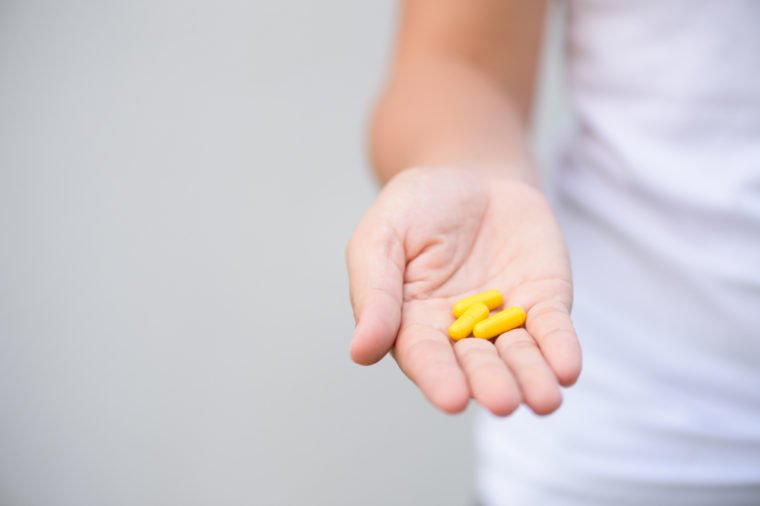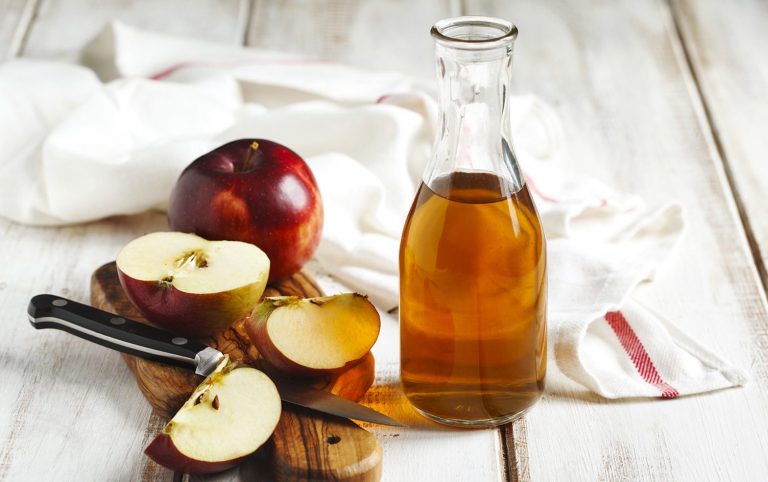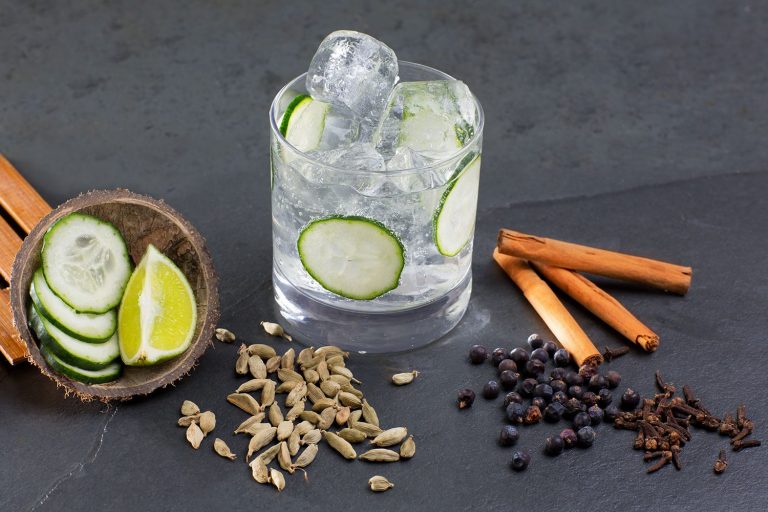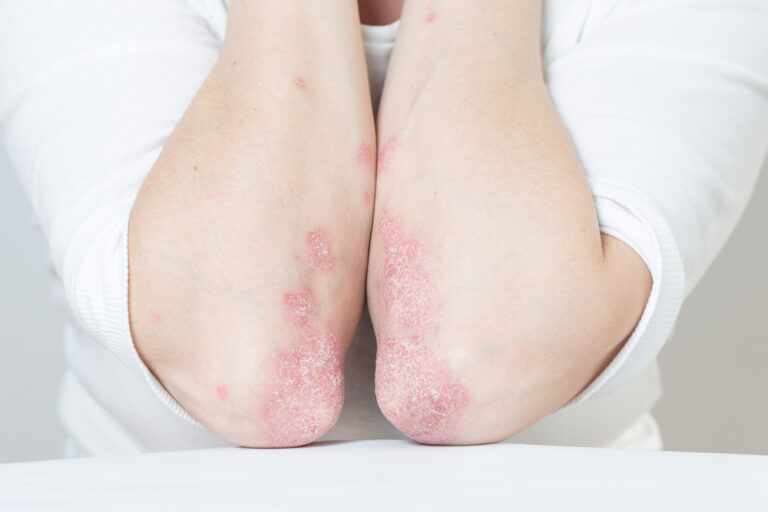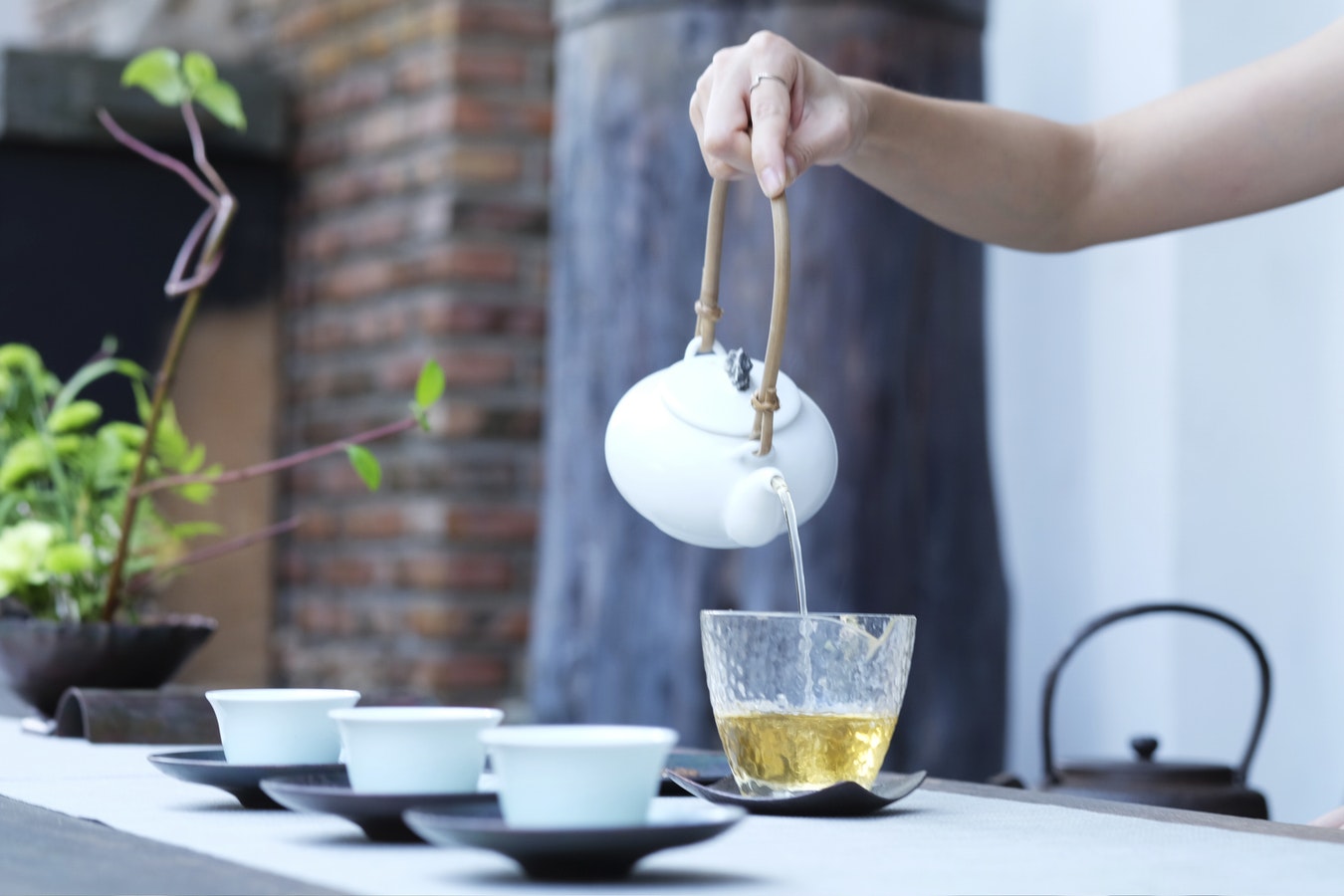
Aside from water, tea is the most popular beverage in the world, and it’s practically medicine in a mug. But tea consumption isn’t quite as popular in the United States compared to other countries. In the States, about 80% of tea is consumed iced, mostly during the summer; the U.S. also ranks low in per capita tea consumption.
Much has been written about the health benefits of green tea and matcha. But herbal teas are also great for hydration and offer protective nutrients.
Technically, herbal tea isn’t tea—meaning it’s not derived from the same Camellia sinensis plant that produces green, white, black, and oolong varieties. Instead, herbal teas are infusions of various non-tea plants, which may include flowers, herbs, spices, and other roots.
Because most of these plants are caffeine-free, herbal tea is a flavorful, nutritious option that won’t keep you up at night or elicit an unwanted buzz.
In addition to sipping herbal teas hot or chilled, they can also be used in cooking. Try herbal tea as the base for a cocktail mixer, along with fresh ginger and mint. You can also use herbal tea as a liquid in smoothies, oatmeal or overnight oats, soup broth, and marinades; or to steam vegetables and whole grains.
And since they’re edible, you can also use loose herbal teas as a garnish on salads or sweet treats.
Here are five types of herbal tea, including some information about their benefits!
Chamomile
In folk medicine, chamomile tea has long been used as a calming beverage or sleep aid. Primarily made from dried chamomile flowers, this tea has been shown to help people fall asleep faster. Chamomile also has anti-inflammatory properties, and has been shown to help reduce the severity of menstrual cramps.
And there’s more: The flower is also tied to blood sugar regulation and bone density protection.
Roobios
Also known as red tea or red bush tea, rooibos (pronounced roy-boss) is made from the leaves of a shrub native to South Africa. In addition to being loaded with antioxidants and anti-inflammatory compounds, this tea has been tied to bone health protection, improved digestive health, and obesity prevention.
Rooibos also provides small amounts of minerals, including iron, calcium, potassium, copper, manganese, zinc, and magnesium.
Peppermint
While fresh peppermint is a fantastic addition to tea, it can also be steeped to make “tea.” While much of the research has been done with the mint’s extracts, tea may offer similar benefits. These include improved power and time to exhaustion in athletes, as well as enhanced breathing function.
Scientists believe these effects could be attributed to a relaxation of bronchial muscles, an increase in brain oxygen levels, and a decrease in blood compounds associated with fatigue. Those same muscle-relaxing effects allow peppermint to help soothe and ease indigestion.
Bonus: Simply smelling mint has also been shown to reduce fatigue, curb anxiety, increase alertness, and enhance memory.
Ginger
Ginger has long been touted as a remedy for nausea, morning sickness, and motion sickness. Sipping ginger tea can offer similar benefits, as well as other potential perks: The root is a potent inflammation fighter, shown to help lessen muscle pain after intense exercise, and reduce pain in people with osteoarthritis.
Ginger also helps to ease period pain and support immunity, in addition to protecting against cancer, heart disease, and type 2 diabetes.
Hibiscus
Made from parts of the hibiscus plant, this tea has a tart flavor that’s somewhat similar to cranberries. Another antioxidant-rich source, hibiscus has been shown to boost “good” HDL levels and lower ‘bad” LDl cholesterol and triglycerides in people with diabetes. Hibiscus also helps protect the liver and promote weight loss.
In one recent study, overweight adults given hibiscus extract experienced reductions in body weight, body fat, body mass index, and hip-to-waist ratio compared to a placebo. Hibiscus also supports immunity through its anti-bacterial potency.







